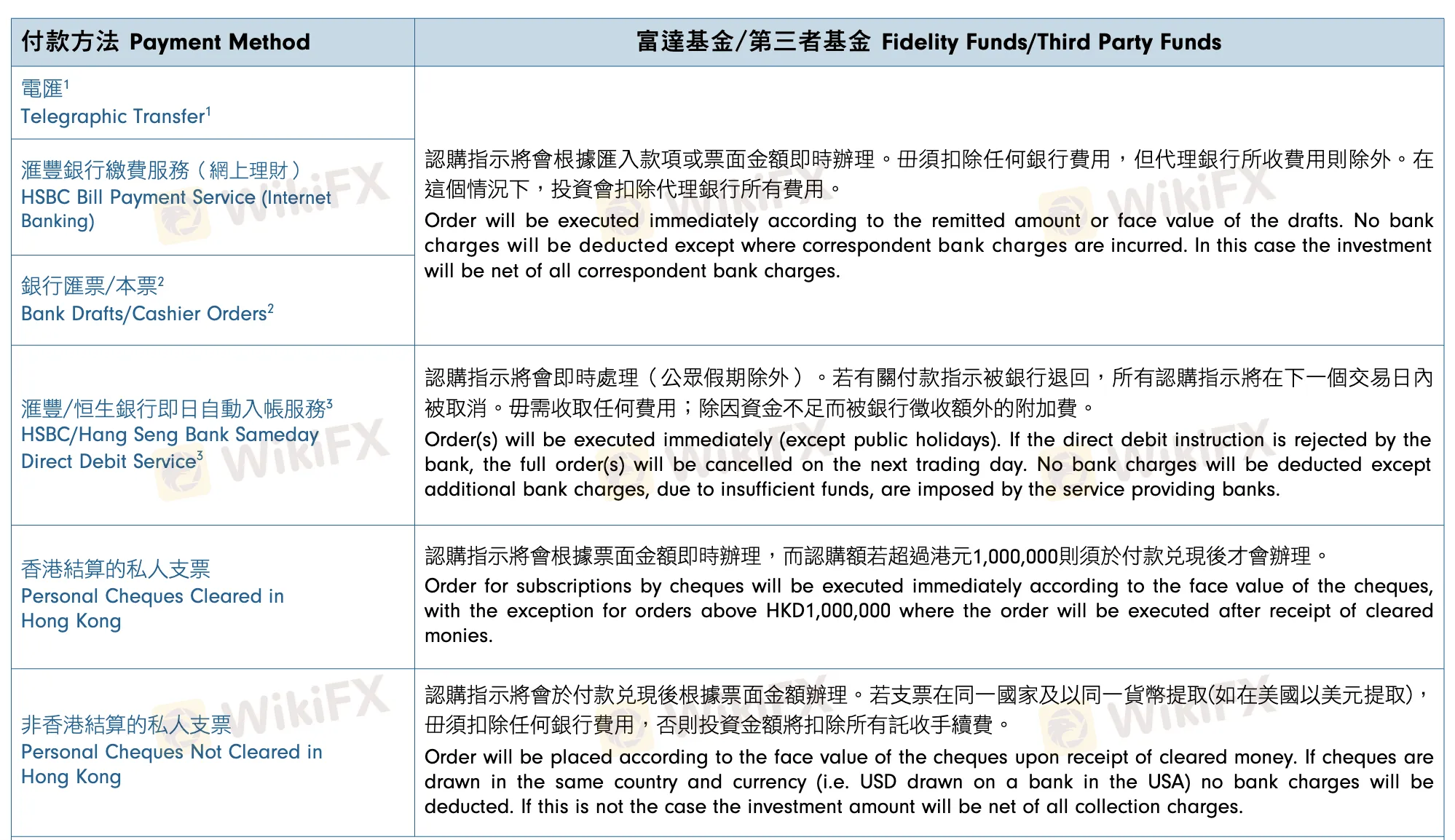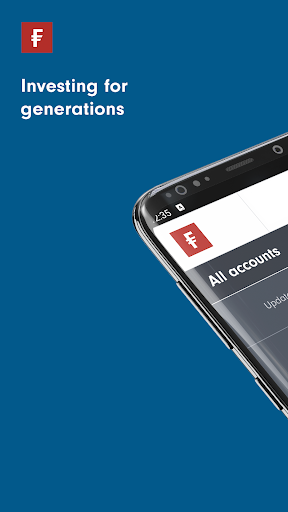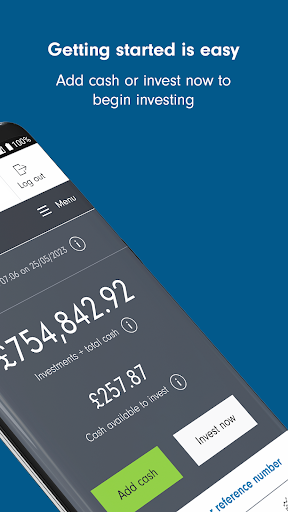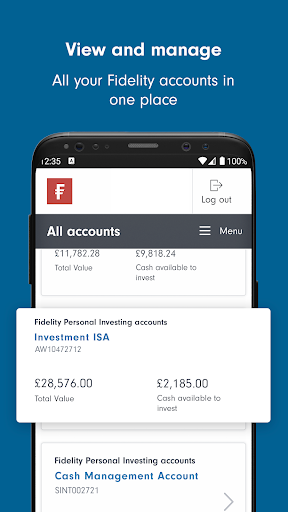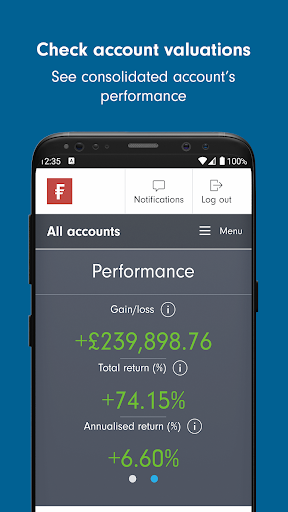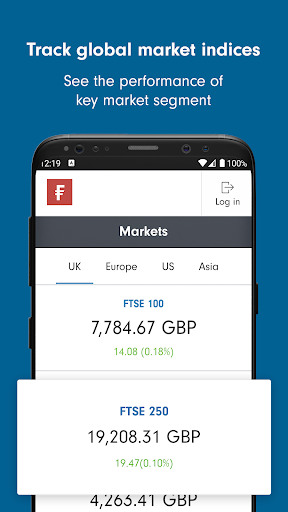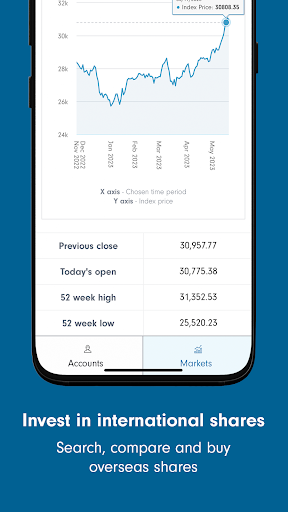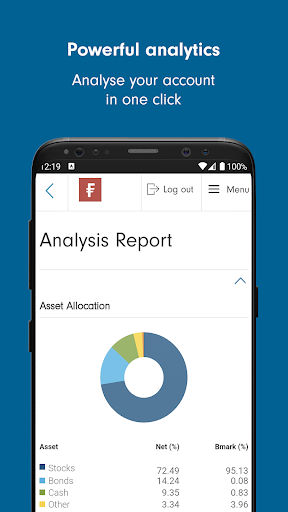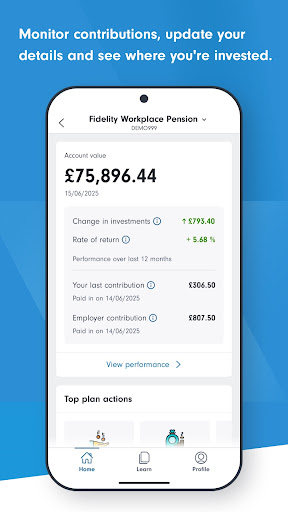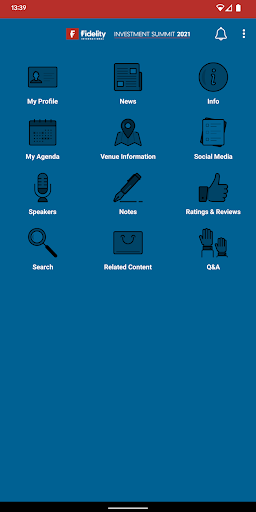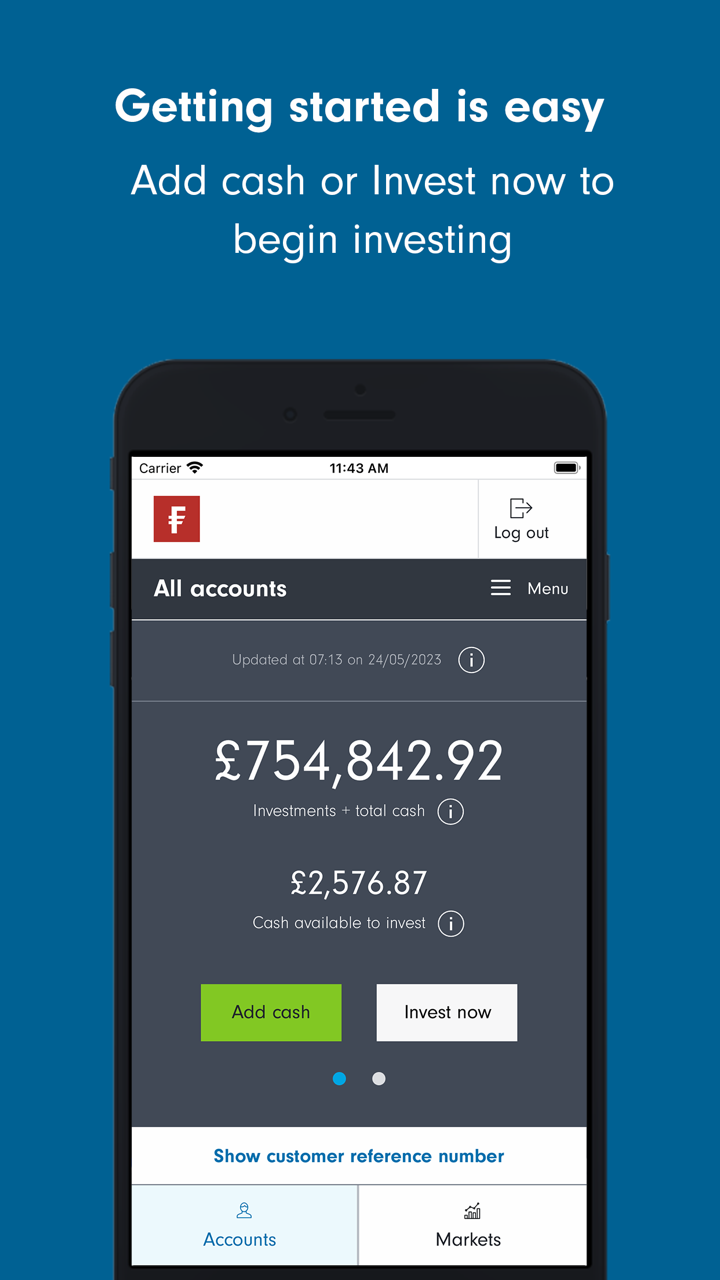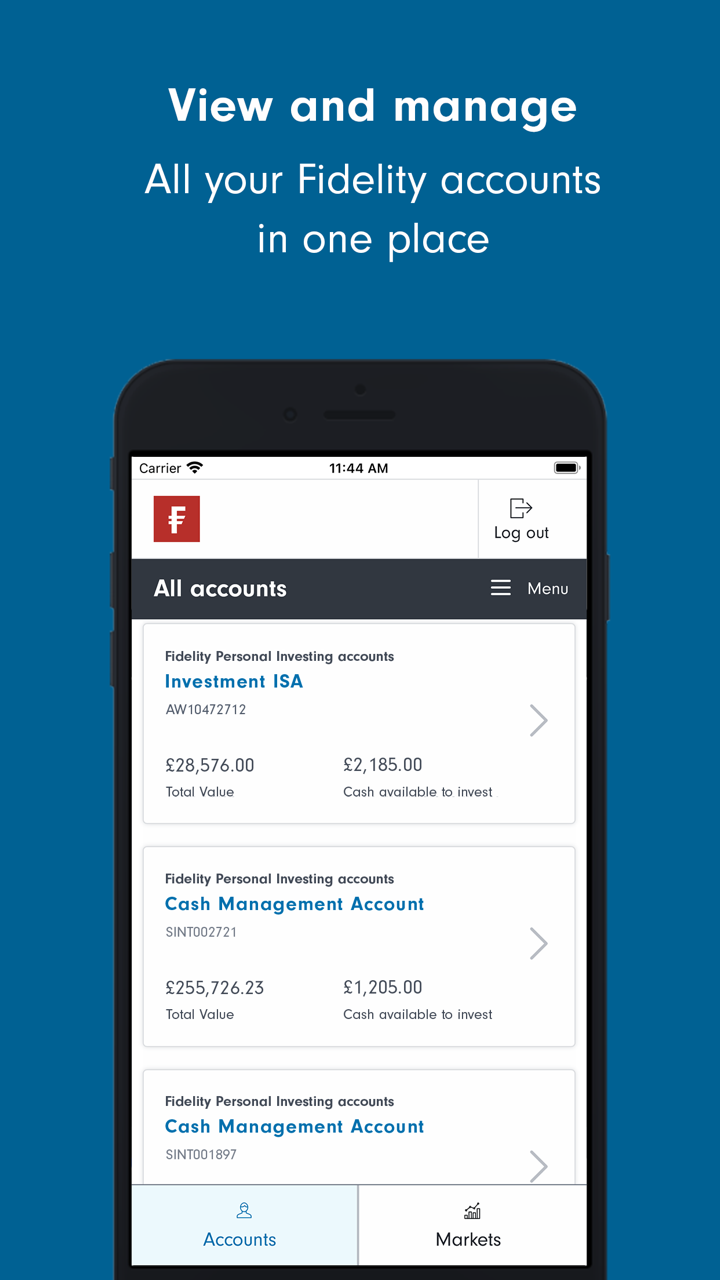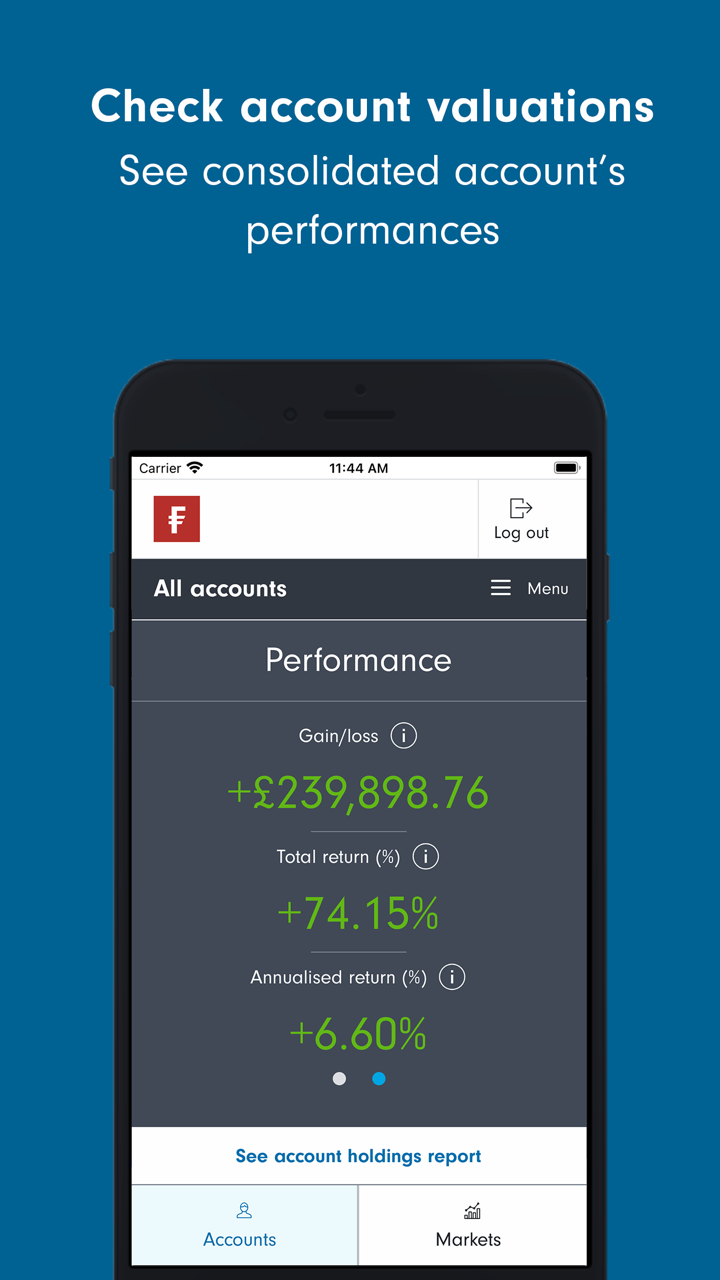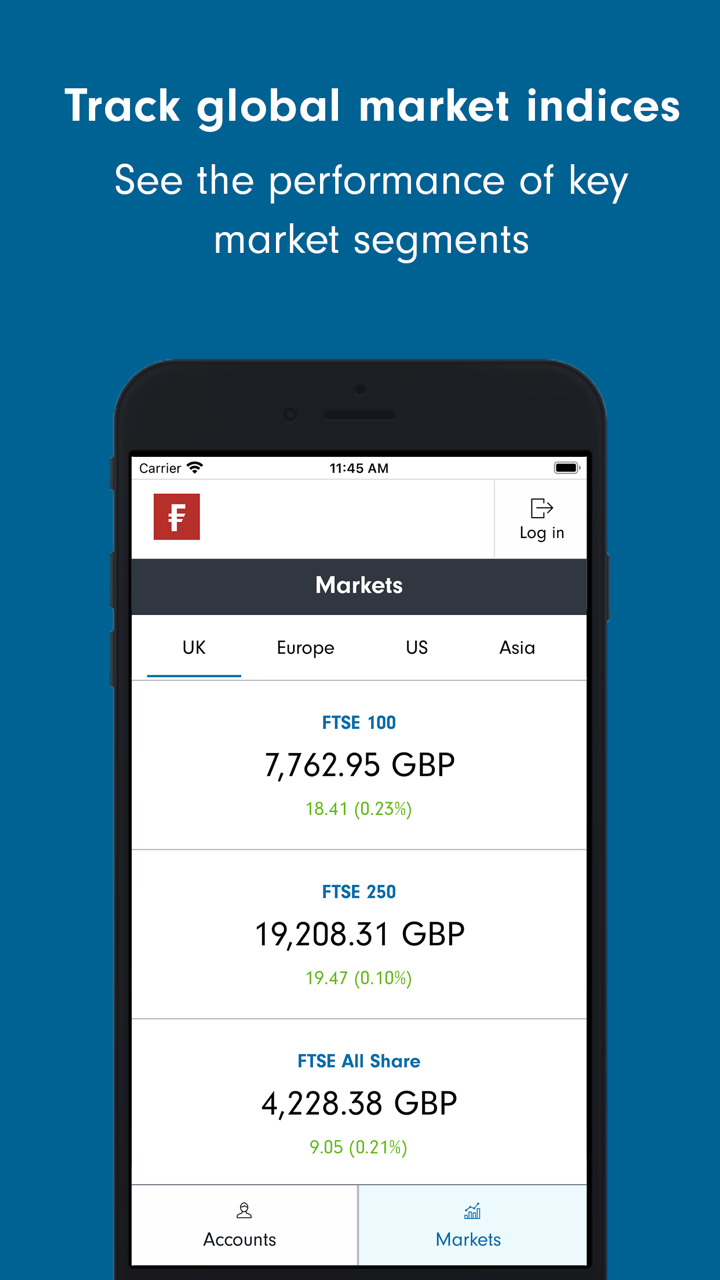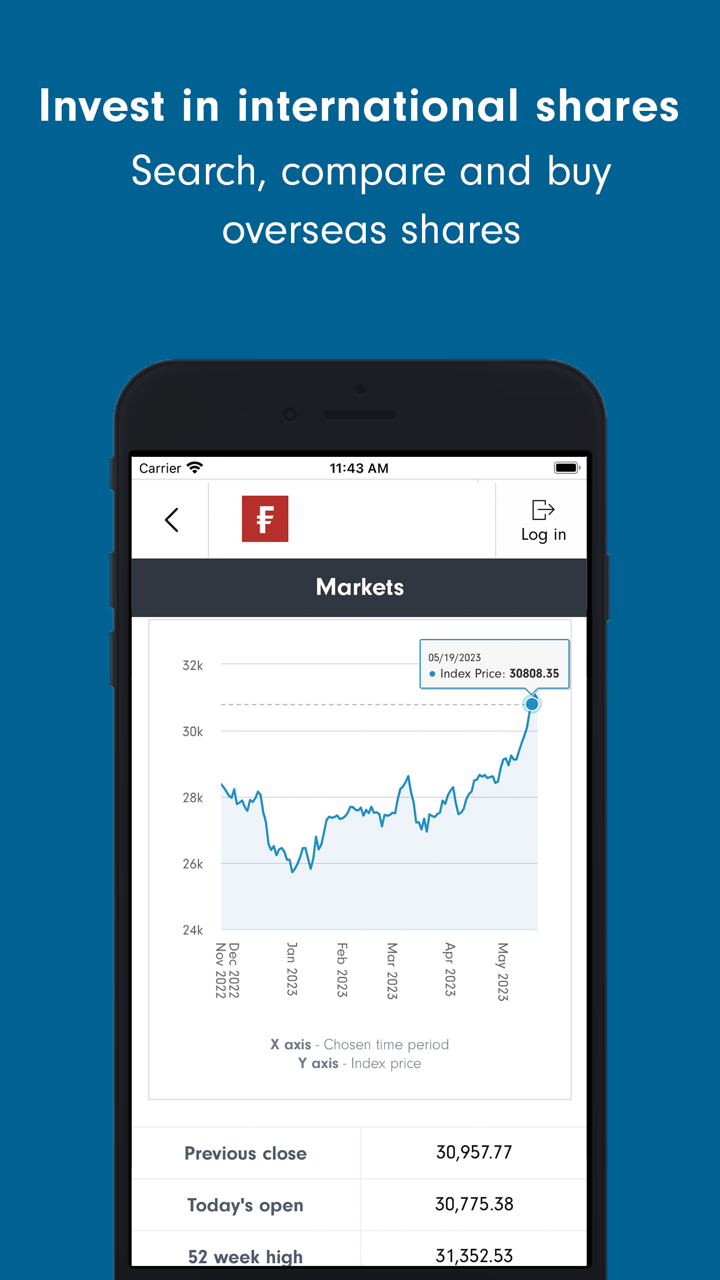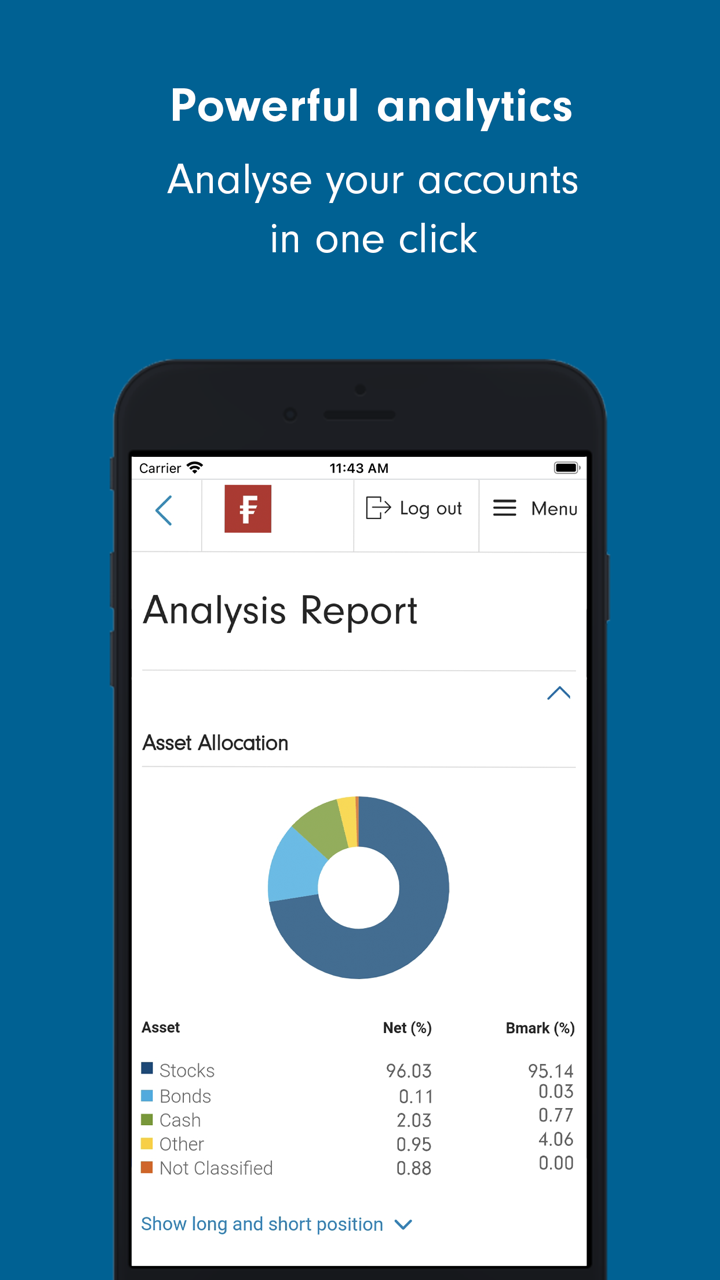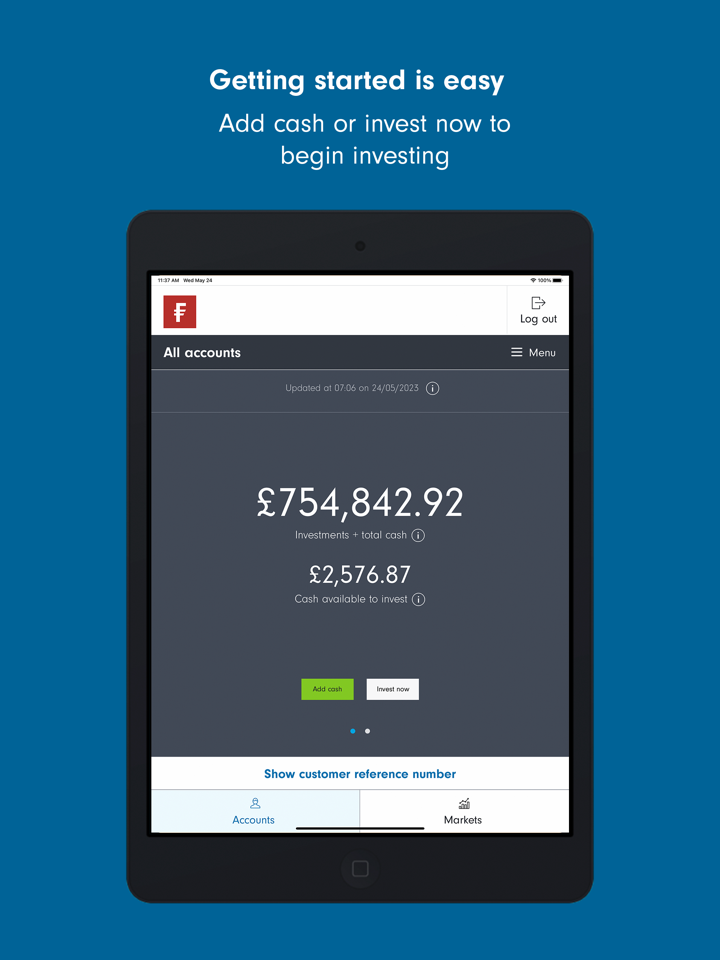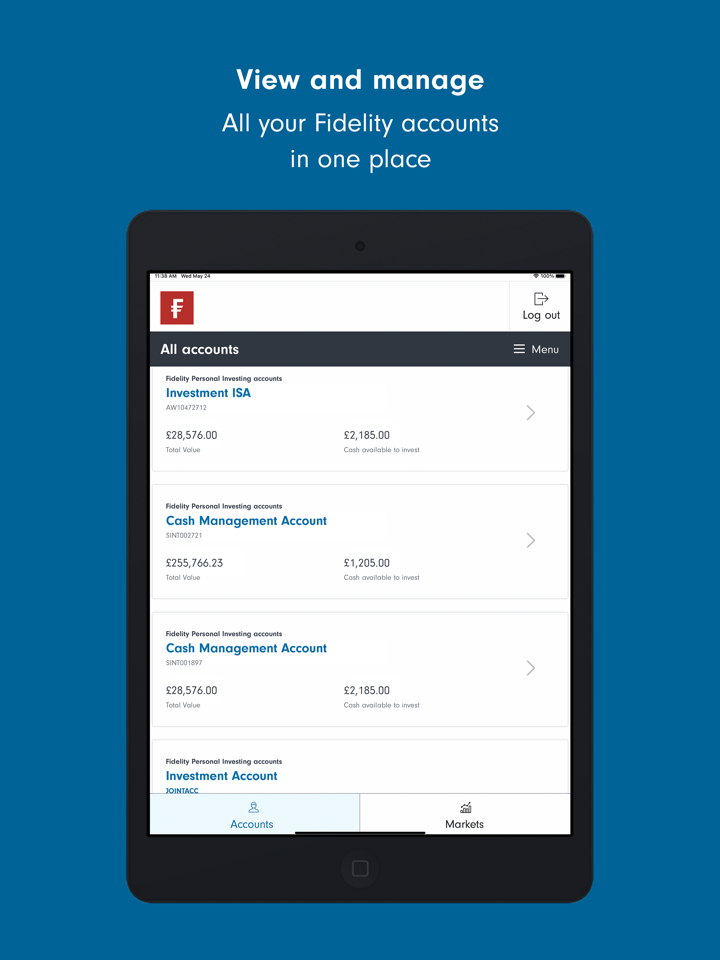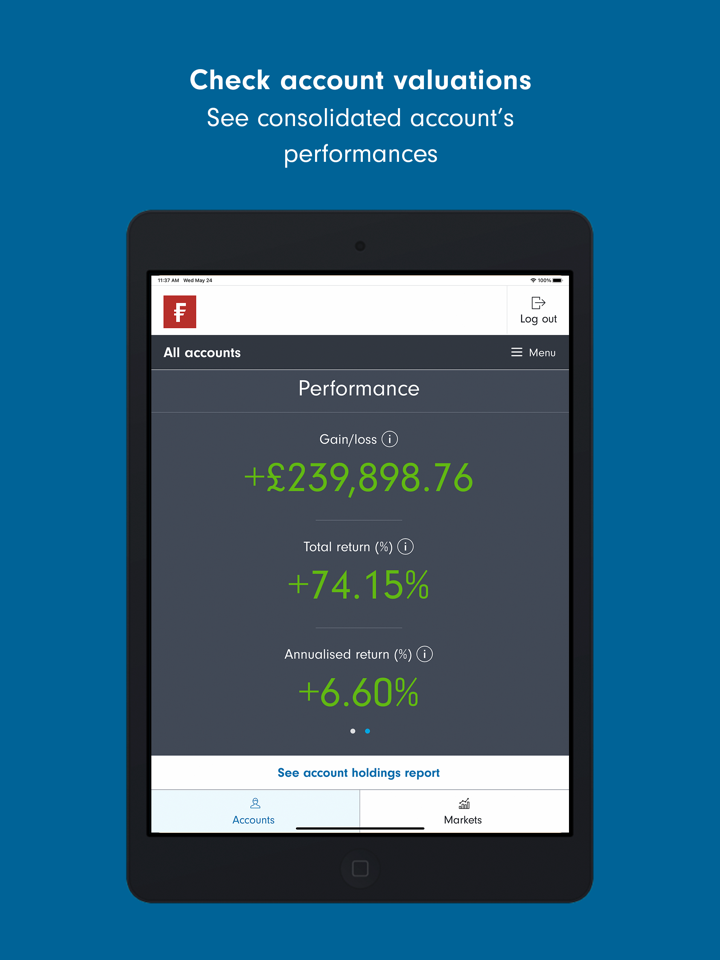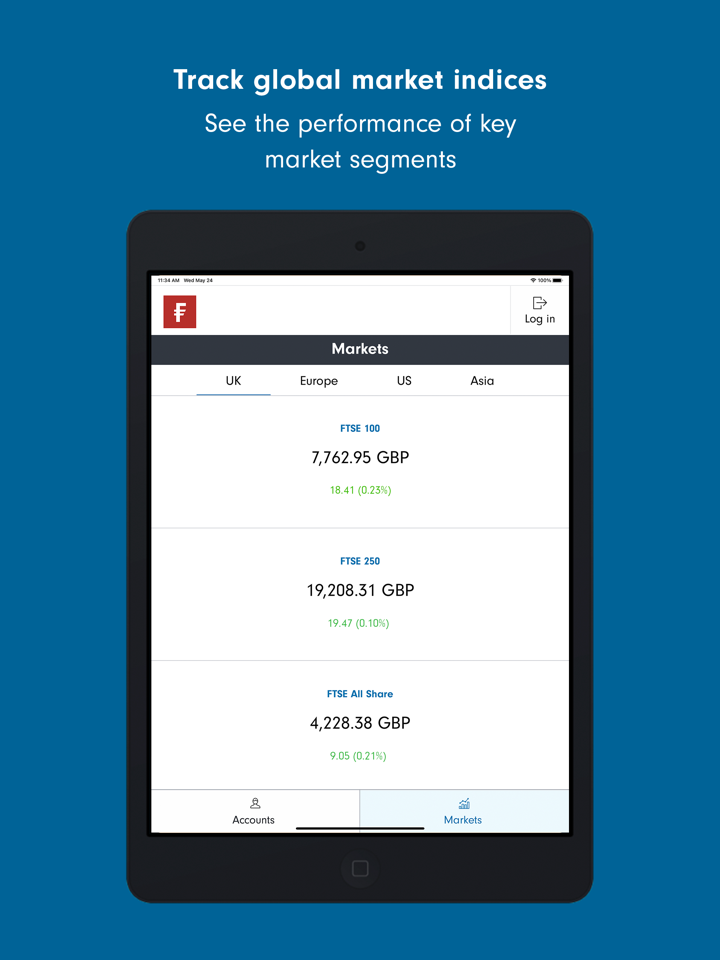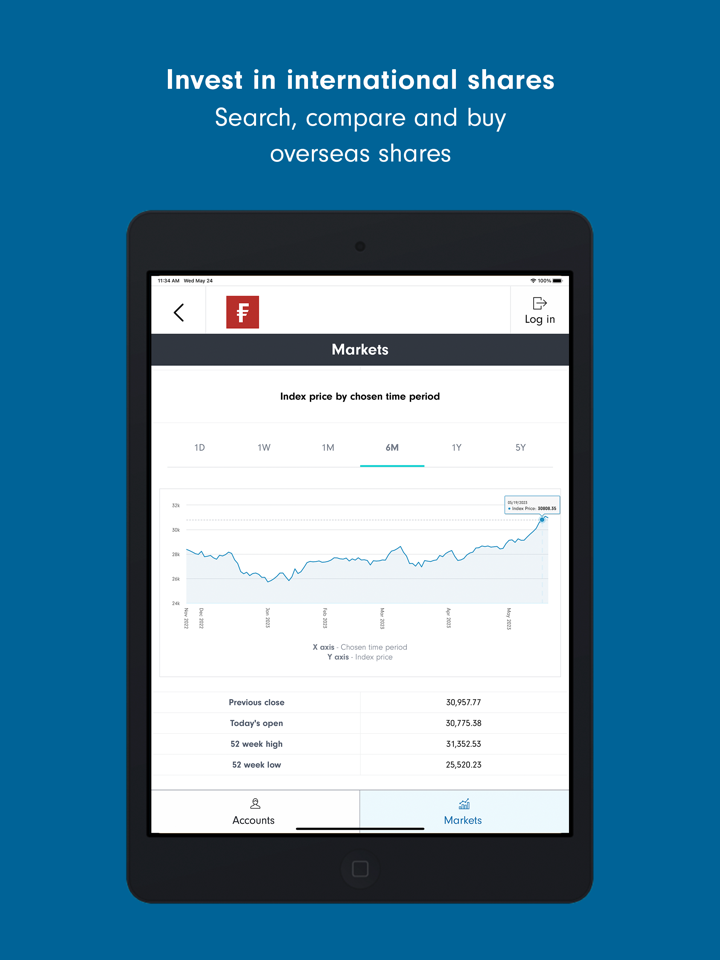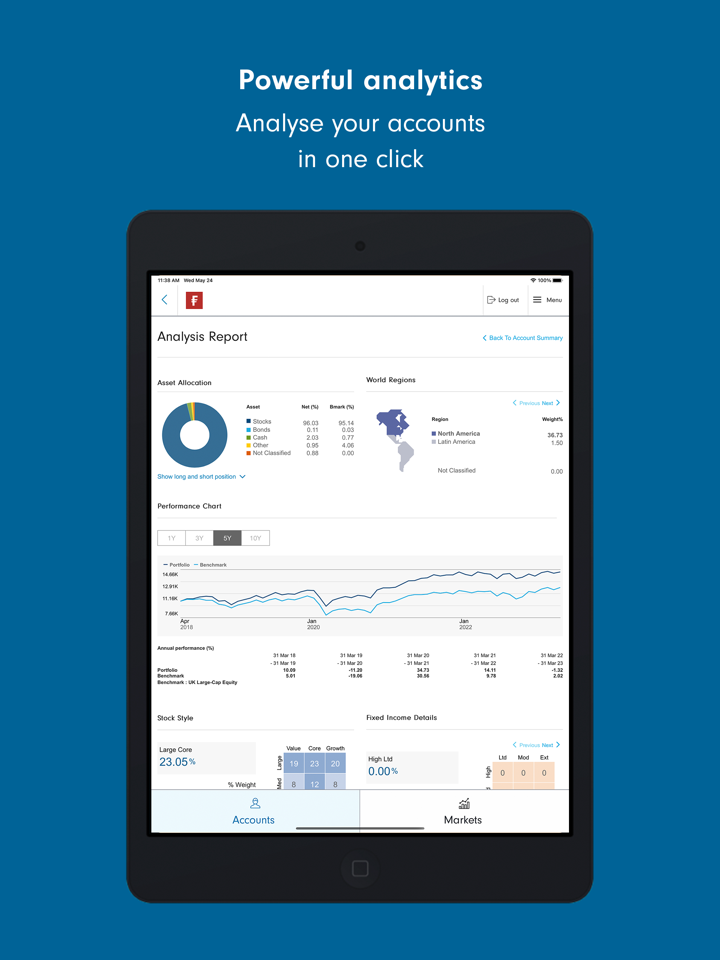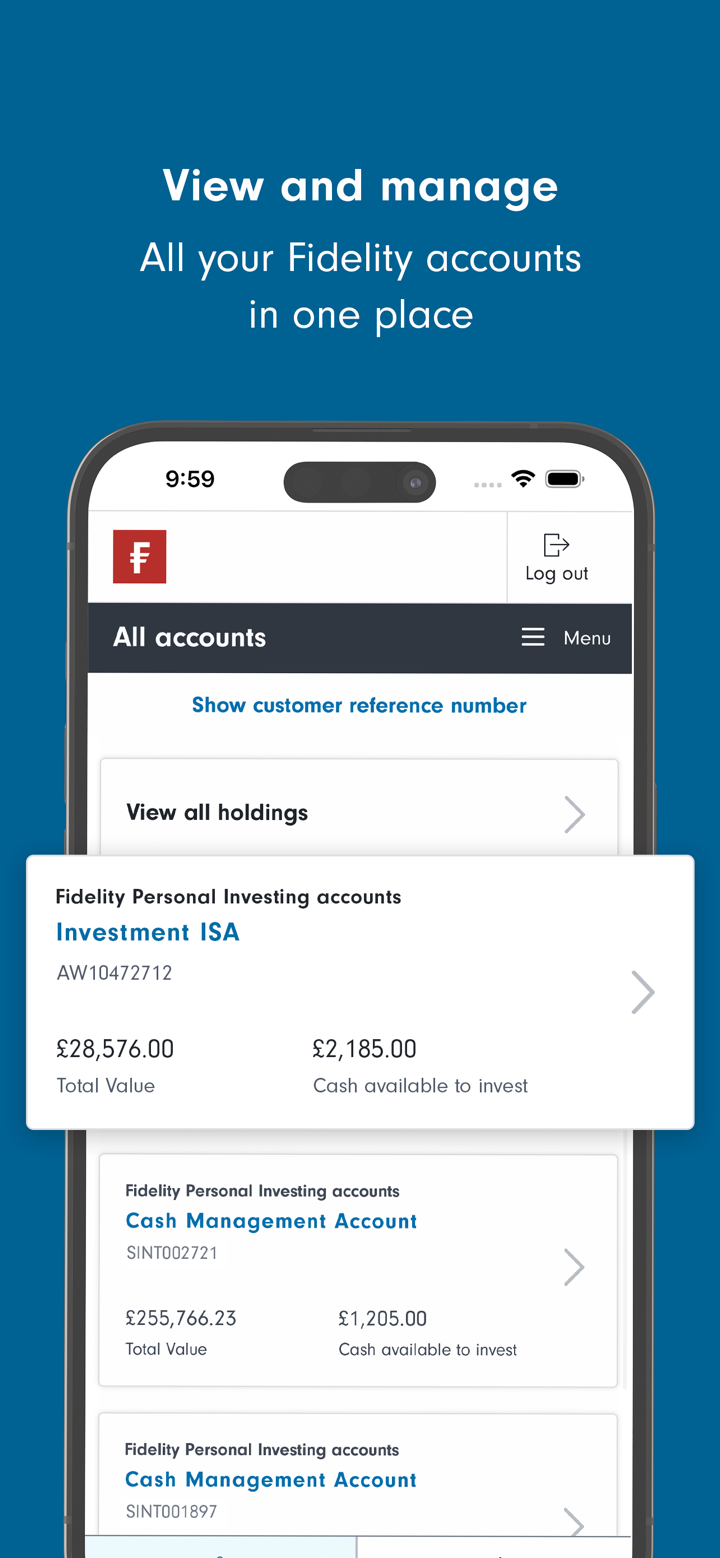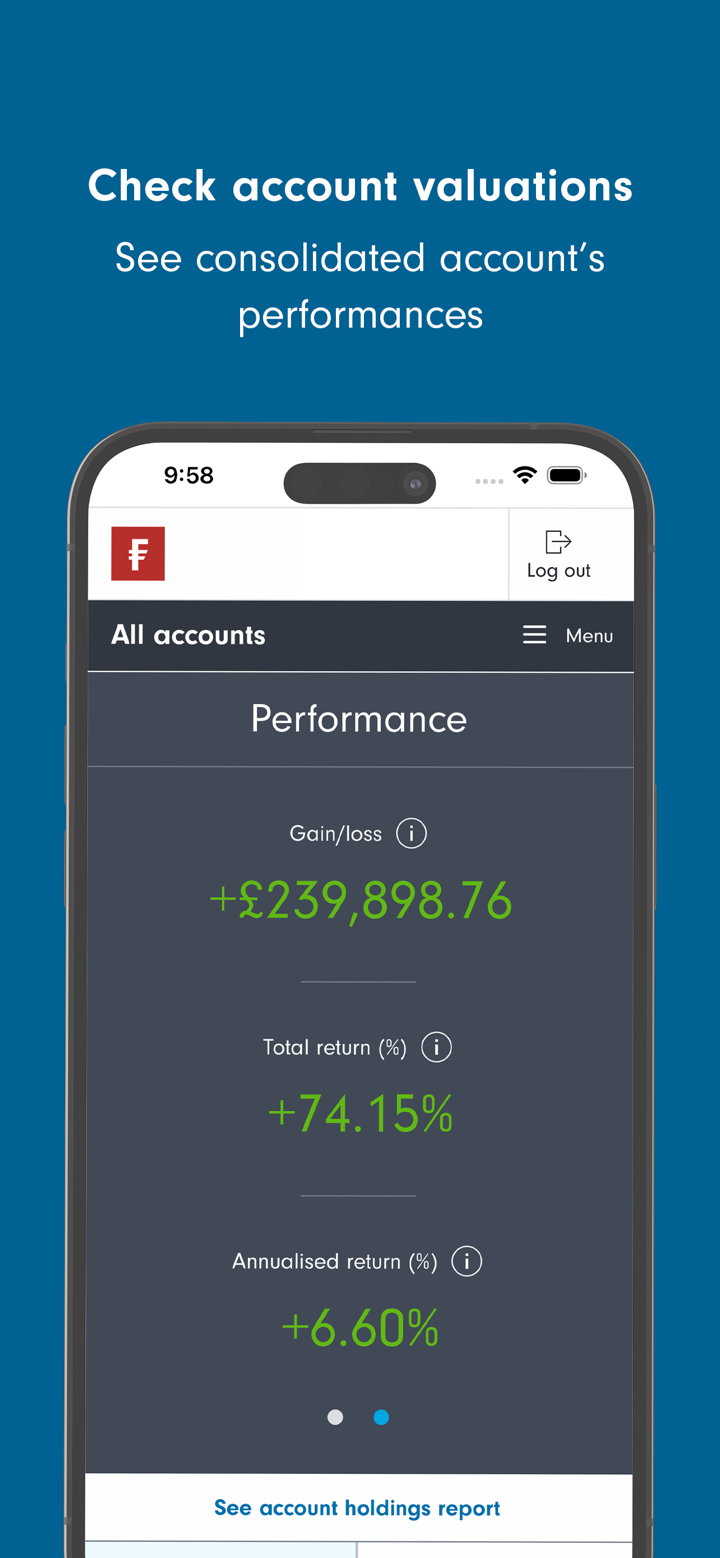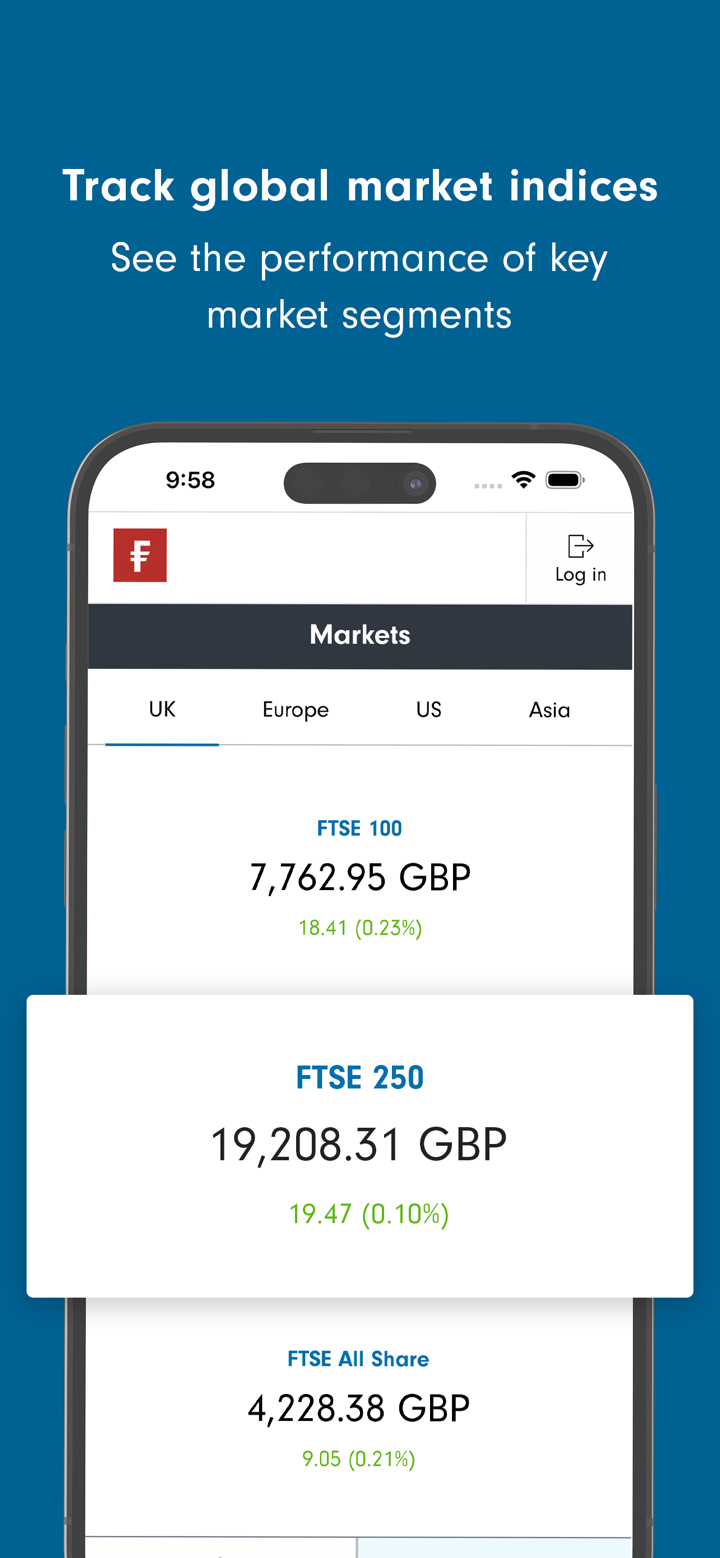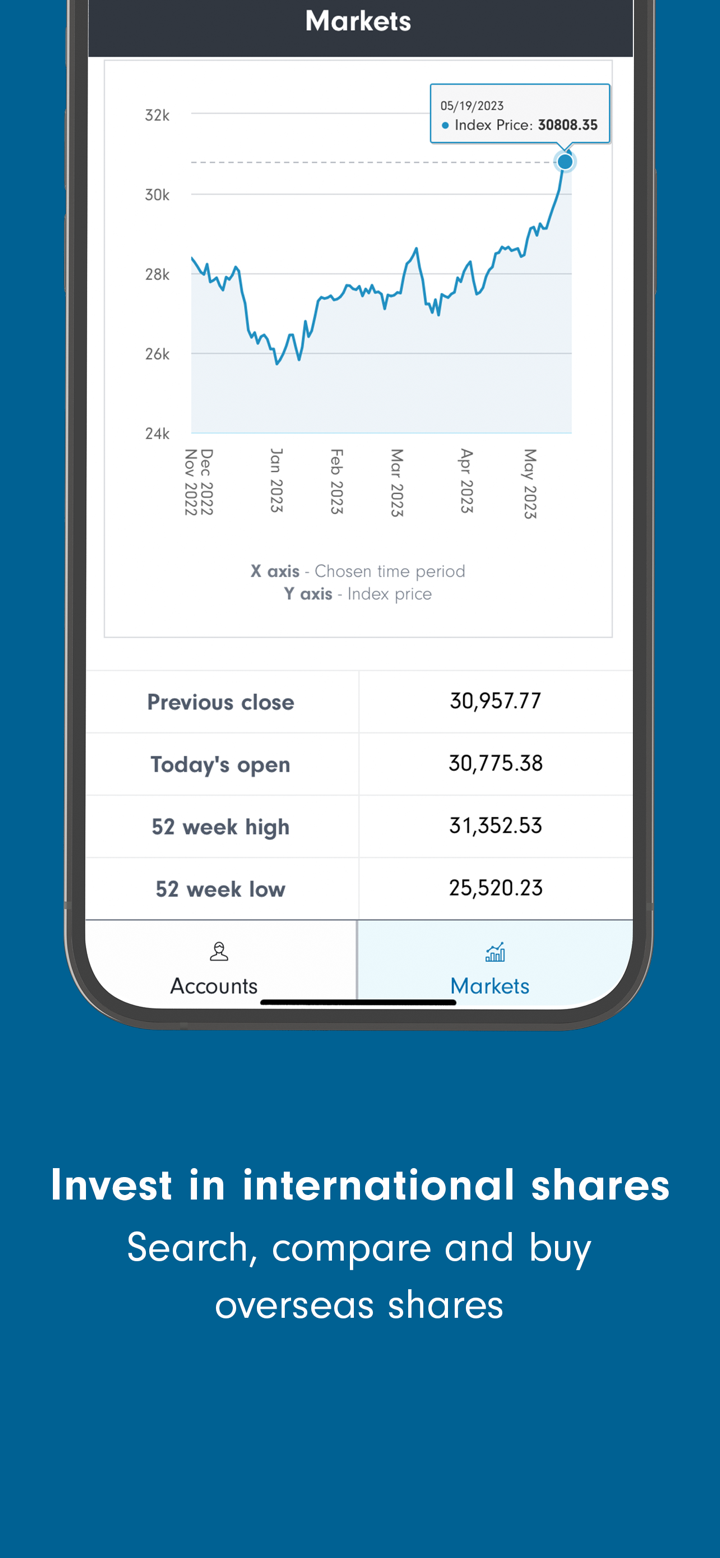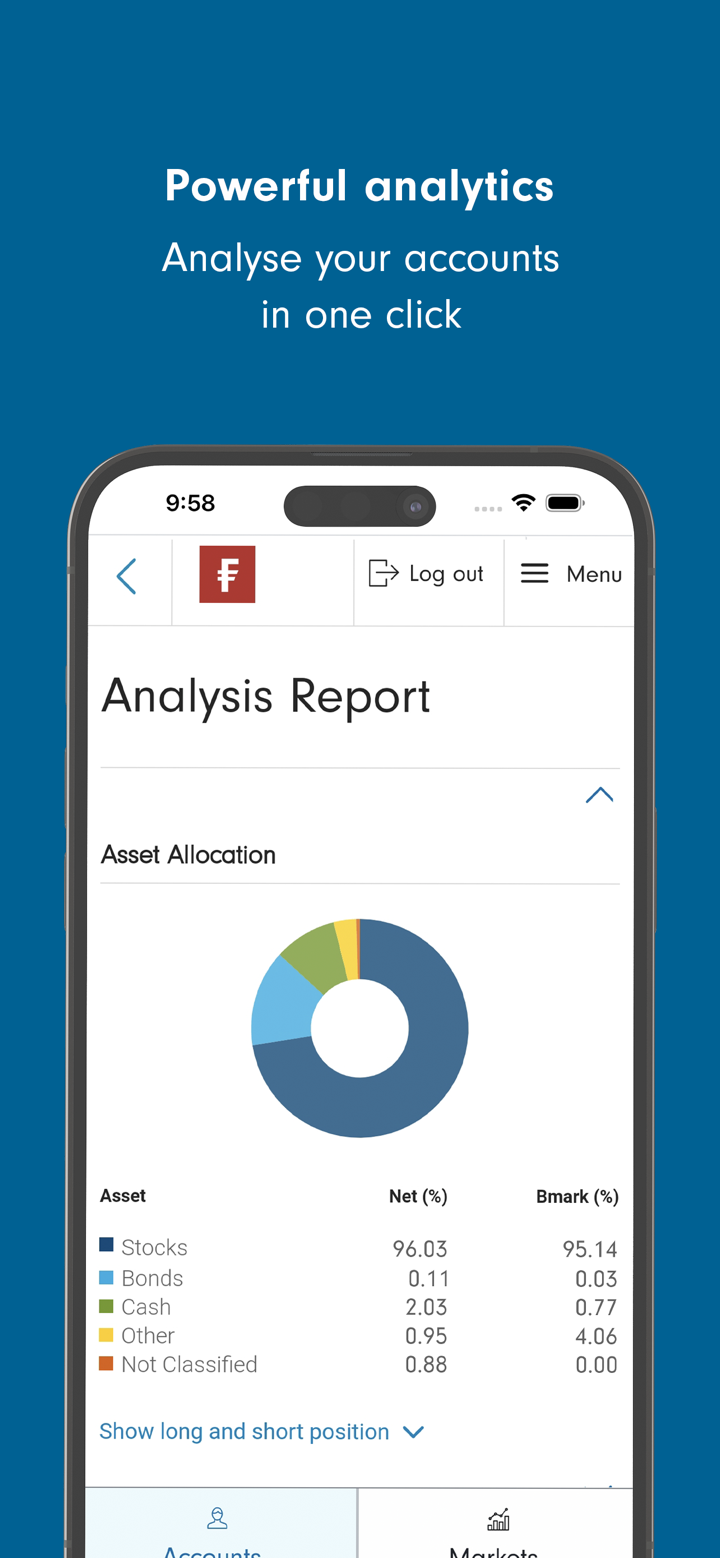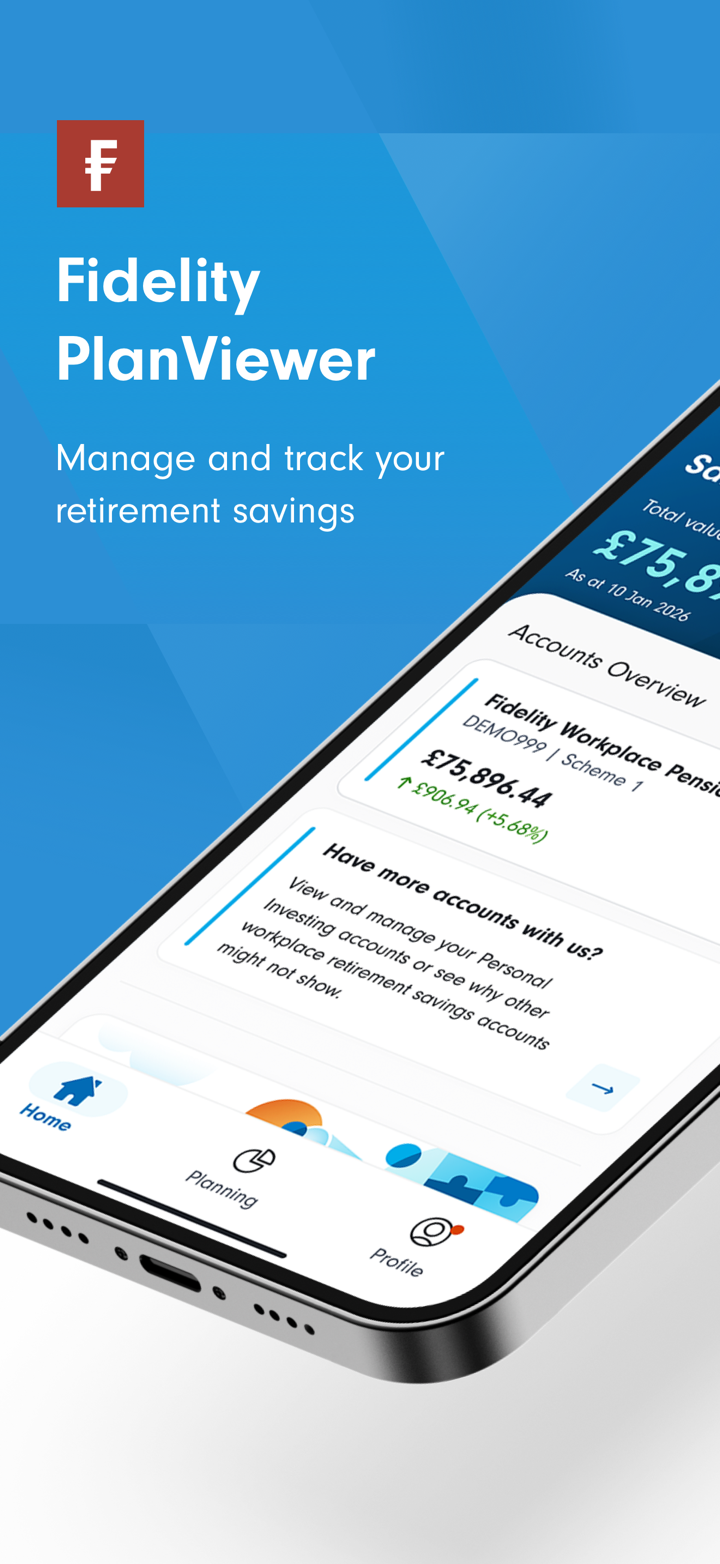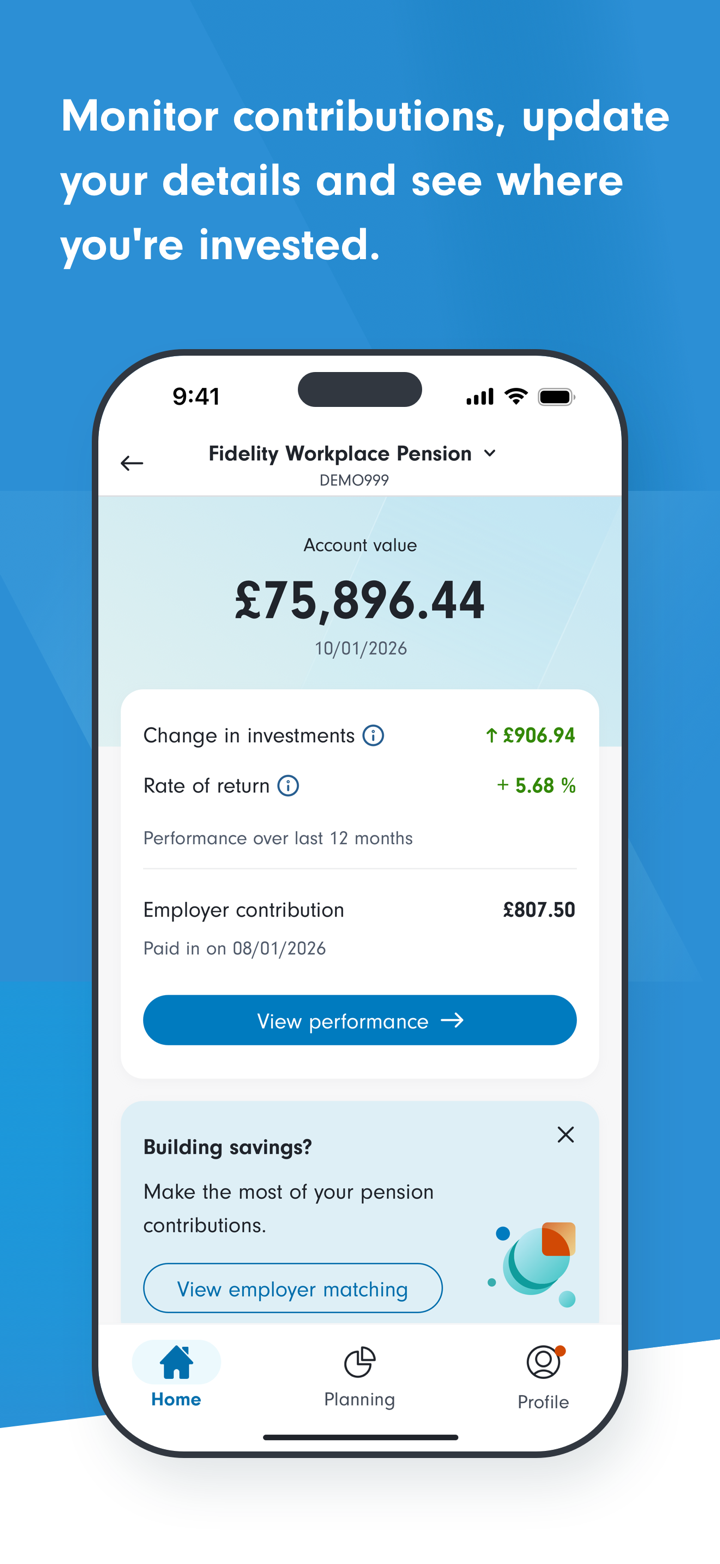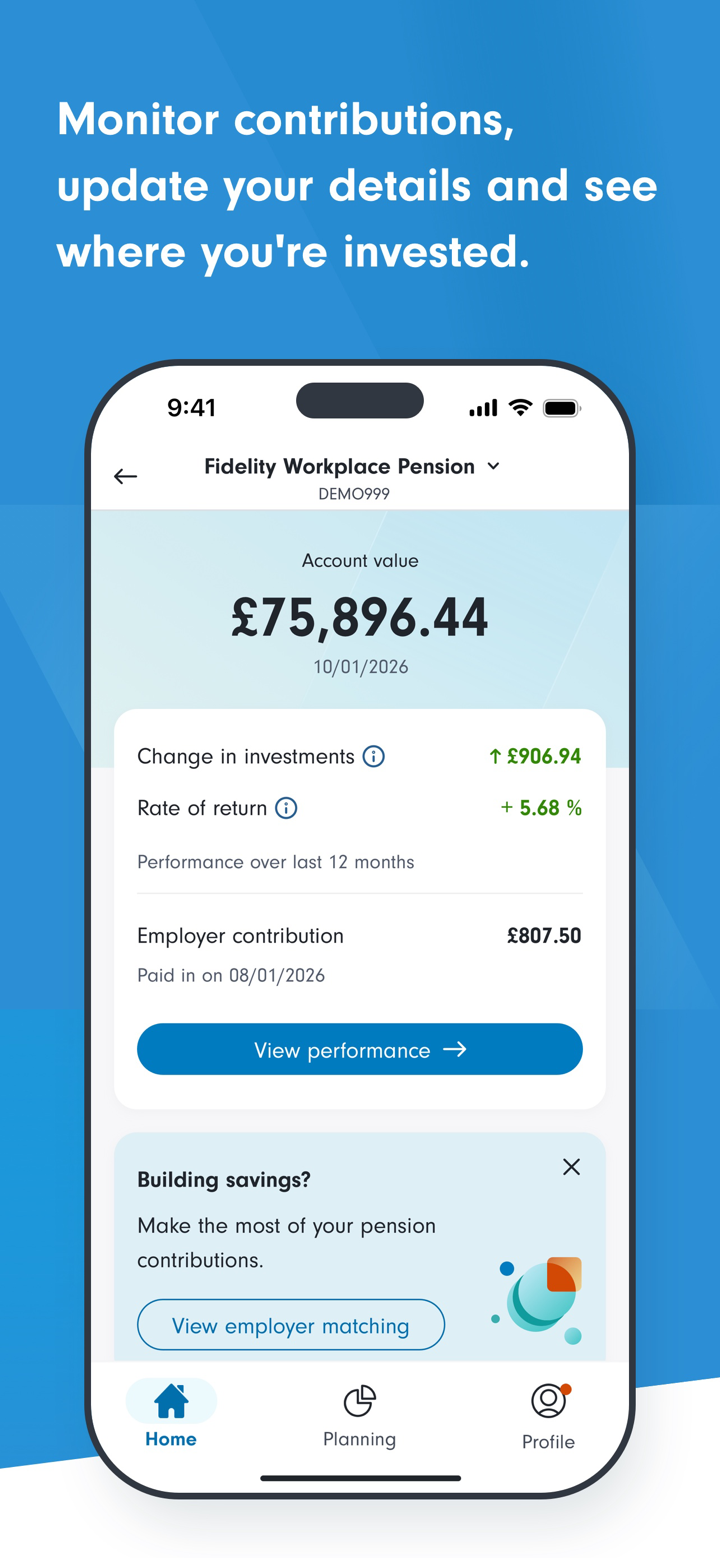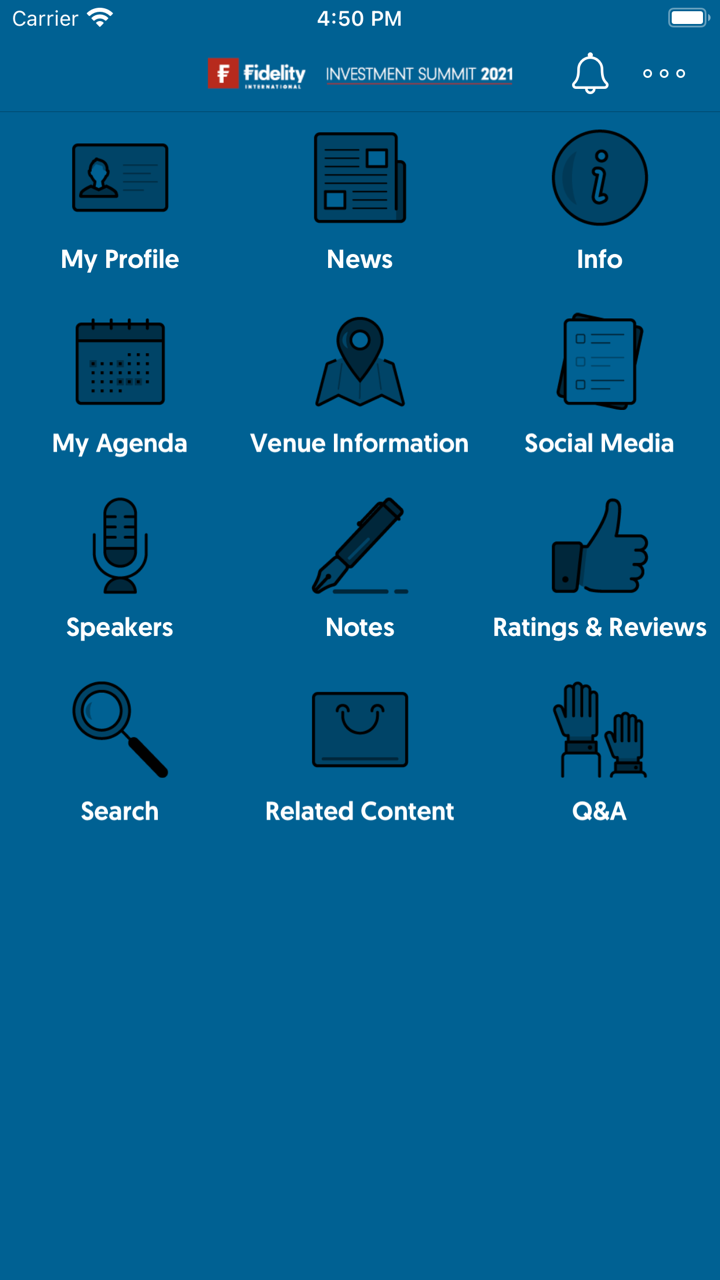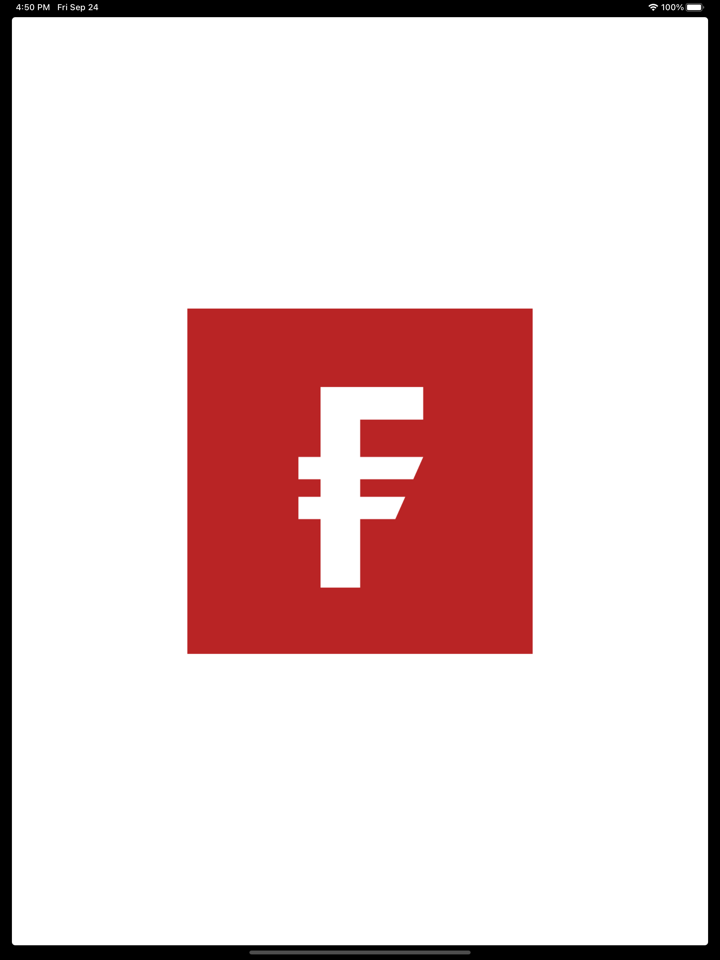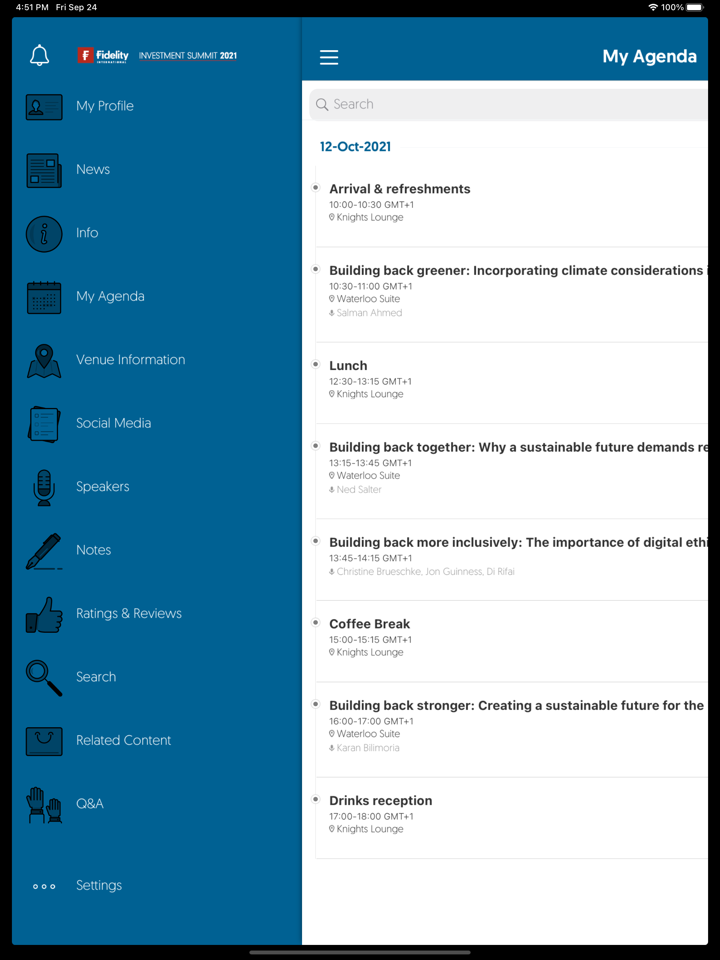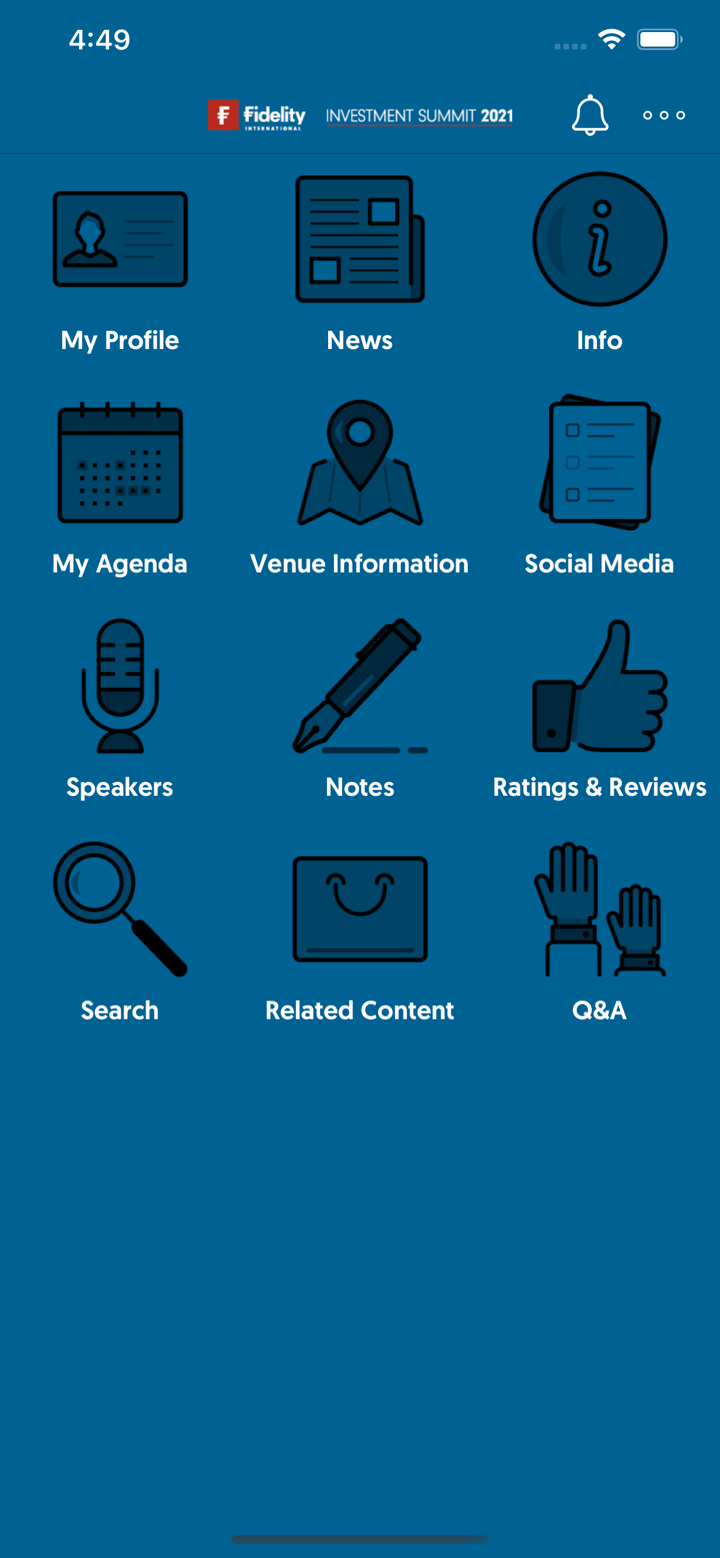مقدمة عن الشركة
| Fidelity ملخص المراجعة | |
| تأسست | 1969 |
| البلد/المنطقة المسجلة | الولايات المتحدة الأمريكية |
| التنظيم | SFC |
| المنتجات والخدمات | صناديق الاستثمار المشترك العالمية، خطط التقاعد MPF & ORSO، حلول الاستثمار الثيمية ومتعددة الأصول |
| حساب تجريبي | ❌ |
| منصة التداول | Fidelity عبر الإنترنت، تطبيق Fidelity الجوال |
| الحد الأدنى للإيداع | HK$1,000/شهر (خطة الاستثمار الشهرية) |
| دعم العملاء | الهاتف: (852) 2629 2629 |
| البريد الإلكتروني: hkenquiry@fil.com | |
معلومات Fidelity
تأسست في عام 1969، Fidelity هي شركة مالية تخضع لتنظيم SFC، تقدم حلول استثمارية دولية. لا تقدم تداول العملات الأجنبية أو العقود مقابل الفروقات، بل تركز بدلاً من ذلك على صناديق الاستثمار المشترك، وخطط التقاعد (MPF/ORSO)، واستراتيجيات ثيمية.
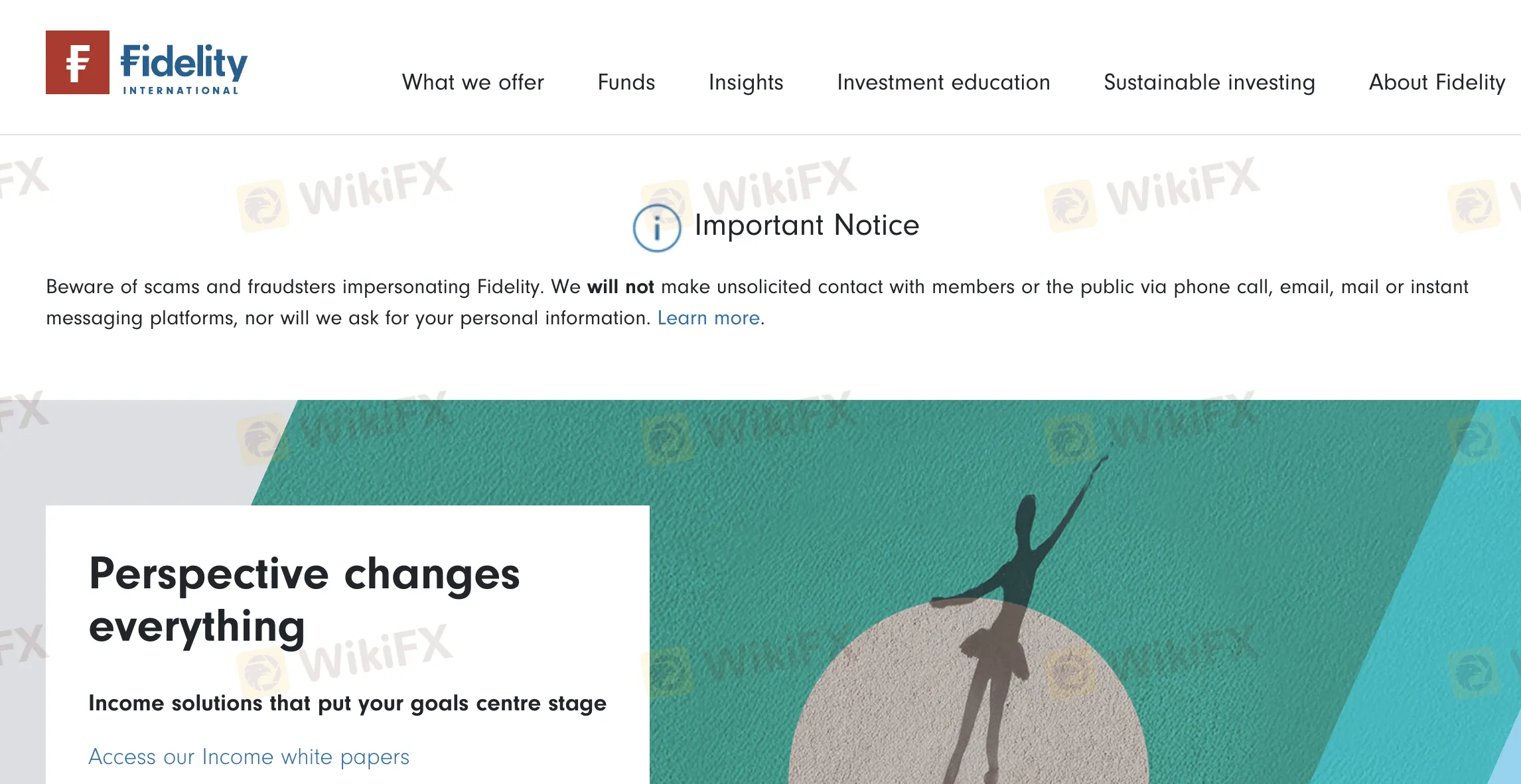
الإيجابيات والسلبيات
| الإيجابيات | السلبيات |
| تنظيم SFC | لا توجد حساب تجريبي أو إسلامي (خالٍ من الفائدة) |
| مجموعة واسعة من صناديق الاستثمار المشترك وحلول التقاعد | رسوم نسبية مرتفعة |
| هيكل رسوم متدرج يستفيد منه المستثمرون ذوي الأرصدة العالية | |
| وقت تشغيل طويل | |
| أنواع حساب متنوعة |
هل Fidelity شرعية؟
نعم، Fidelity موجودة بتنظيم. مرخصة من قبل هيئة الأوراق المالية والعقود الآجلة (SFC) في هونغ كونغ بترخيص للتعامل في عقود الآجلة. رقم الترخيص هو AAG408.
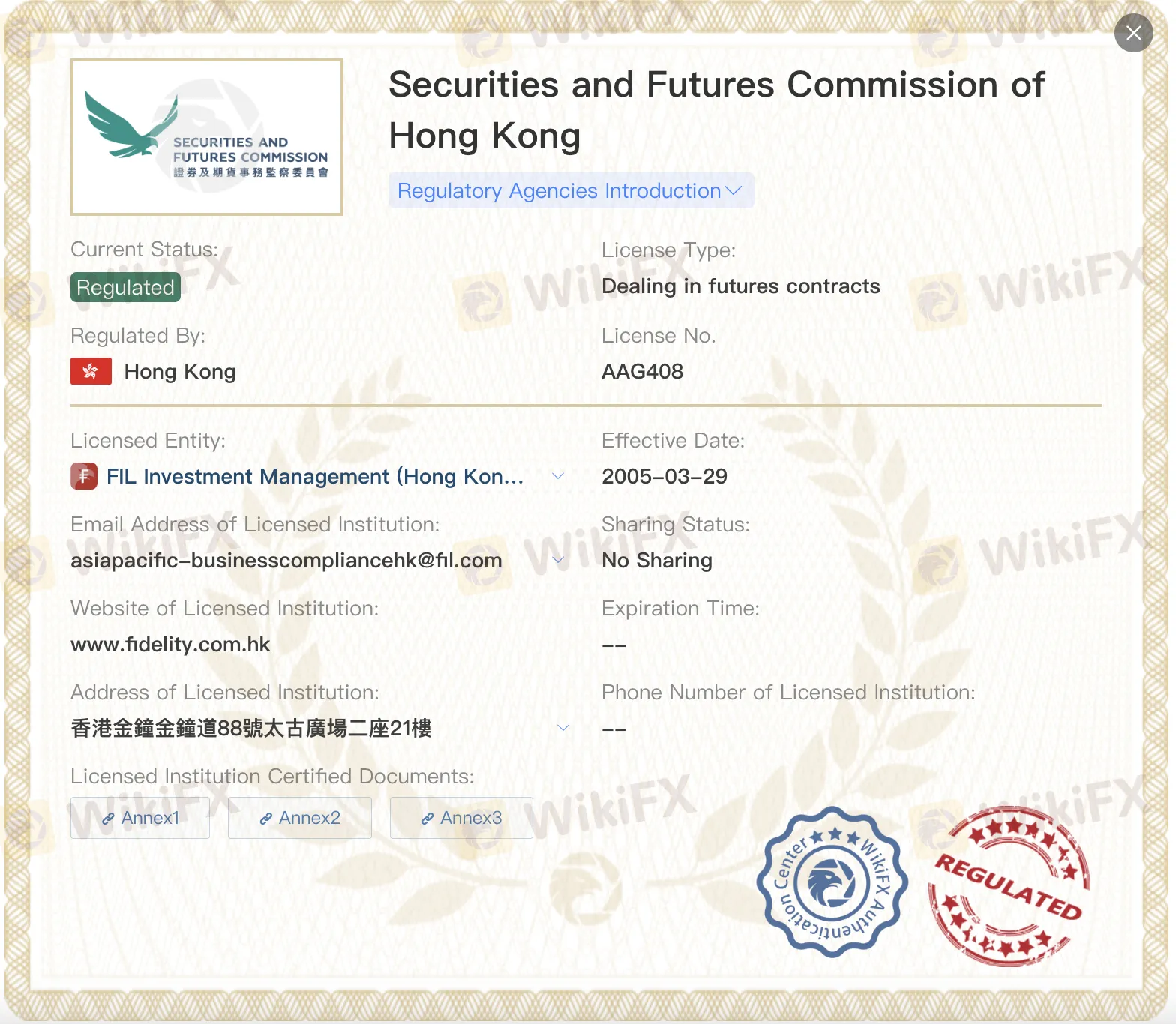
المنتجات والخدمات
Fidelity تقدم صناديق استثمار مشترك عالمية، وخطط تقاعد (MPF & ORSO)، واستثمارات ثيمية لتلبية أهداف المستثمرين المالية. يتم تقديم خيارات إنشاء الدخل، والاستثمار المستدام، واستراتيجيات متعددة الأصول.
| المنتجات والخدمات | الميزة |
| صناديق الاستثمار المشترك | صناديق عالمية بعملات وفئات أصول مختلفة |
| الاستثمار الثيمي | استثمارات طويلة الأجل استنادًا إلى الاتجاهات العالمية ومواضيع الابتكار |
| حلول متعددة الأصول | محافظ متنوعة تجمع بين أنواع أصول مختلفة |
| الاستثمار المستدام | مركزة على استراتيجيات ESG والاستثمار المسؤول |
| MPF (صندوق التوفير الإجباري) | صناديق تقاعد مصممة لملفات المخاطر والدخل المختلفة |
| ORSO (تنظيم خطط التقاعد المهني) | خطط استثمارية للتقاعد تُكفلها أصحاب العمل |
| استراتيجيات الدخل | خيارات استثمارية عالمية موجهة نحو الدخل |
| استثمارات موجهة نحو آسيا | صناديق تستهدف فرص النمو في أسواق آسيا |
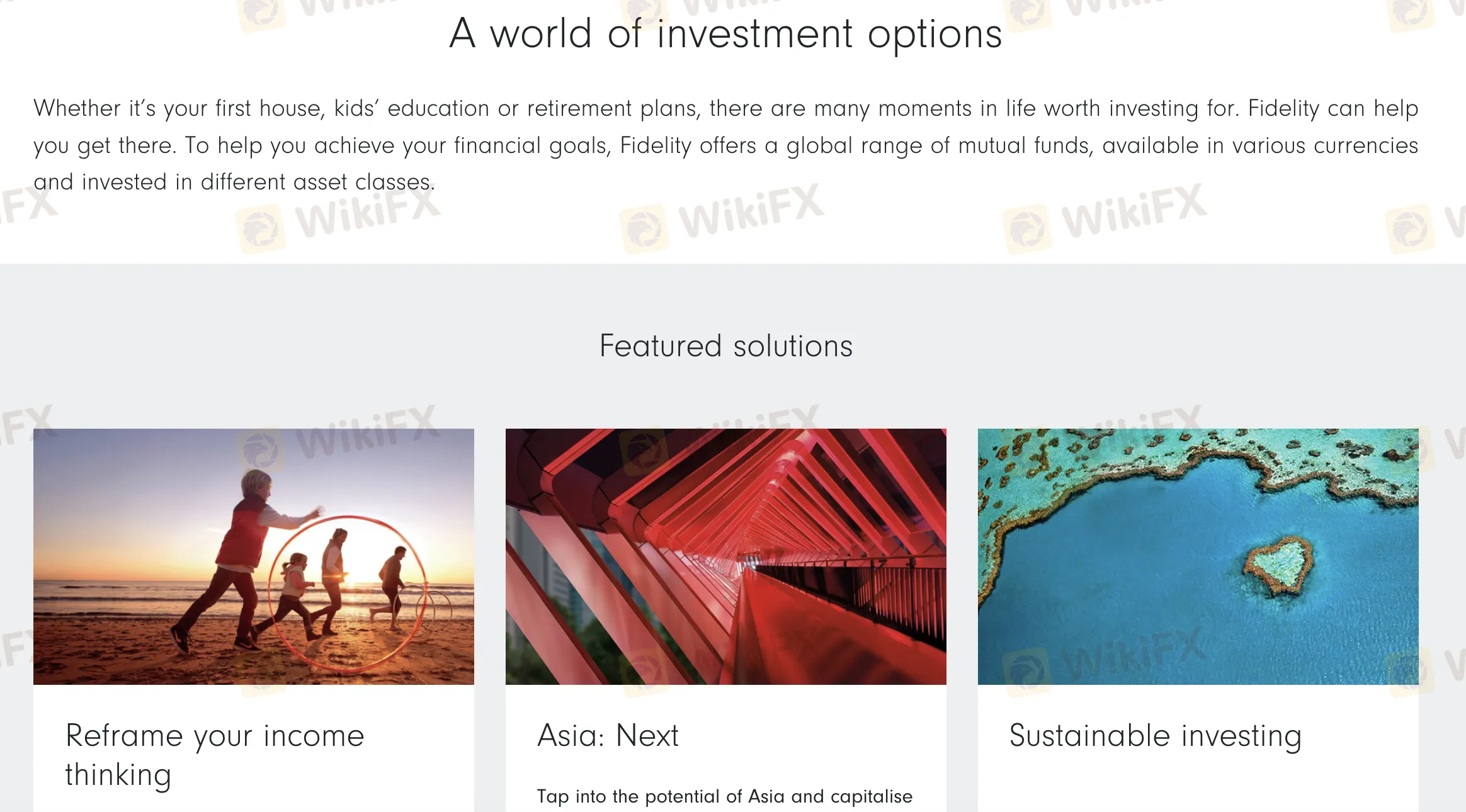
نوع الحساب
Fidelity تقدم أربعة أنواع من الحسابات الحية: المستثمرين الشخصيين، أعضاء MPF/ORSO، الوسطاء، والمستثمرين المؤسسيين. لا تتوفر حسابات تجريبية أو إسلامية (خالية من الفائدة).
| نوع الحساب | مناسب لـ |
| المستثمرين الشخصيين | الأفراد الذين يديرون استثماراتهم الخاصة |
| حسابات MPF / ORSO | الموظفين وأصحاب العمل ضمن نظام التقاعد في هونغ كونغ |
| الوسطاء | المستشارون، مديرو الثروات، والمستشارون الماليون |
| المستثمرين المؤسسيين | المؤسسات مثل صناديق التقاعد، الشركات، ومكاتب العائلة |
رسوم Fidelity
تتبع رسوم Fidelity هيكلًا متدرجًا - تستمتع الأموال الاستثمارية الكبيرة برسوم أقل، بينما تواجه الاستثمارات الصغيرة رسومًا أعلى. بشكل عام، تكون هيكلة تكاليفها معتدلة إلى مرتفعة وفقًا لمعايير الصناعة.
| طريقة الاستثمار | نوع الرسوم | رصيد الاستثمار (دولار أمريكي) | صناديق النقدية | صناديق السندات | صناديق الأسهم والأصول الأخرى |
| استثمار مبلغ مرة واحدة | رسوم البيع | ≥ 1,000,000 | 0.00% | 0.30% | 0.60% |
| 500,000 - <1,000,000 | 0.45% | 0.90% | |||
| 250,000 - <500,000 | 0.60% | 1.20% | |||
| 100,000 - <250,000 | 0.75% | 1.50% | |||
| 50,000 - <100,000 | 1.05% | 2.10% | |||
| <50,000 | 1.50% | 3.00% | |||
| رسوم التحويل | ≥ 1,000,000 | 0.10% | - | ||
| 500,000 - <1,000,000 | 0.15% | - | |||
| 250,000 - <500,000 | 0.20% | - | |||
| 100,000 - <250,000 | 0.25% | - | |||
| 50,000 - <100,000 | 0.35% | - | |||
| <50,000 | 0.50% | - | |||
| خطة الاستثمار الشهرية | رسوم البيع | <HK$20,000/شهر | 1.00% | - | - |
| ≥HK$20,000/شهر | 0.00% | - | - |
منصة التداول
| منصة التداول | مدعومة | الأجهزة المتاحة | مناسبة لـ |
| Fidelity عبر الإنترنت | ✔ | الويب (الكمبيوتر الشخصي، ماك) | المستثمرون طويلي الأجل الذين يديرون محافظهم عبر الإنترنت |
| تطبيق Fidelity الجوال | ✔ | iOS، أندرويد | المستثمرون الذين يحتاجون إلى الوصول إلى محافظهم أثناء التنقل |

الإيداع والسحب
Fidelity لا تفرض أي رسوم إضافية على طرق الإيداع أو السحب القياسية. ومع ذلك، قد تنطبق رسوم بنكية أو وسيطية اعتمادًا على الطريقة المستخدمة. الحد الأدنى للإيداع هو 1,000 دولار هونغ كونغ شهريًا لخطط الاستثمار الشهرية؛ لا يوجد حد أدنى محدد للاستثمارات الكبيرة.
| طريقة الدفع | الحد الأدنى | الرسوم | وقت المعالجة |
| التحويل البرقي | / | رسوم البنك/الوسيط | عند استلام الأموال المسوح بها |
| دفع فاتورة HSBC (الخدمة المصرفية عبر الإنترنت) | / | ❌ (باستثناء رسوم الوكيل) | فوري |
| شيك بنكي / أمر صراف | / | رسوم البنك الوكيل | |
| خصم مباشر نفس اليوم من HSBC / Hang Seng | / | ❌ (قد تتحمل رسوم البنك في حالة عدم كفاية الأموال) | |
| شيك شخصي (مسحوب على بنك هونغ كونغ) | 1,000,000 دولار هونغ كونغ أو أقل | ❌ | |
| شيك شخصي (غير مسحوب على بنك هونغ كونغ) | / | قد تنطبق رسوم التحصيل | بعد التصفية |
